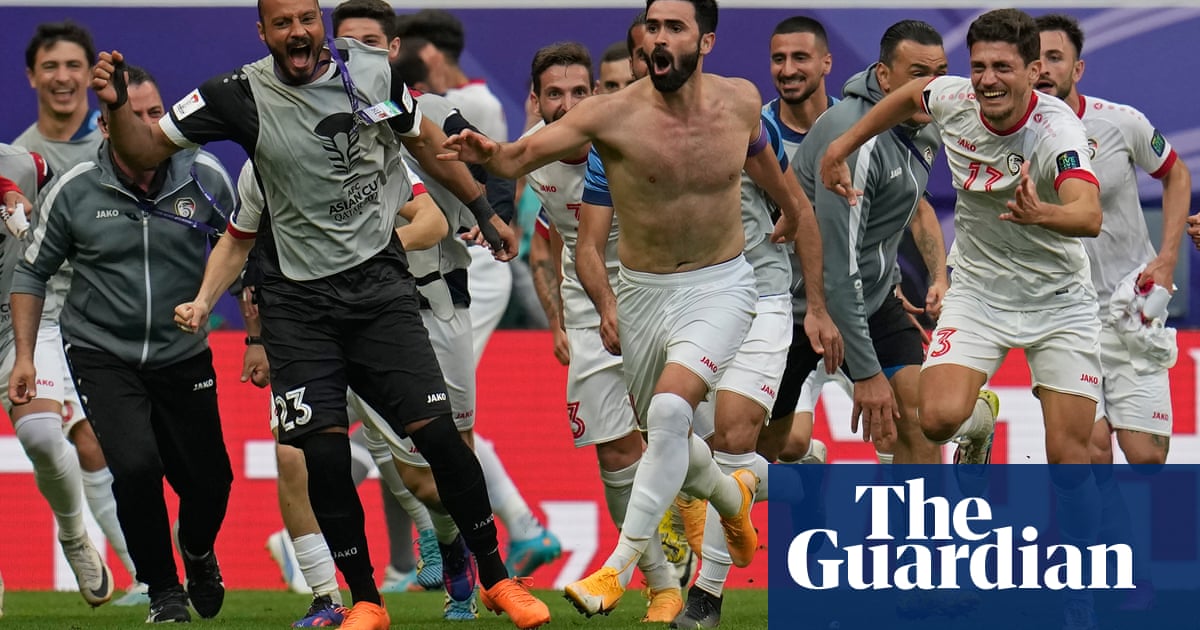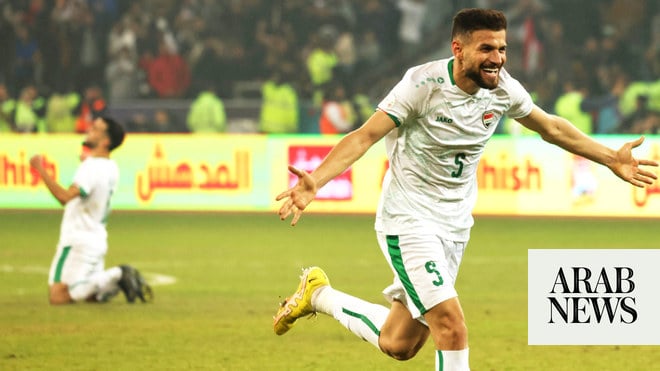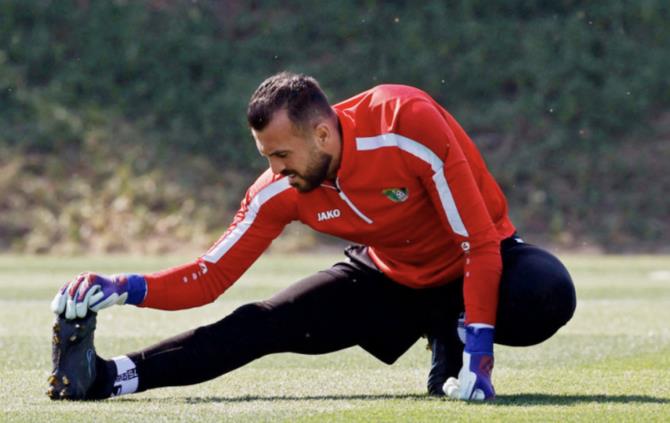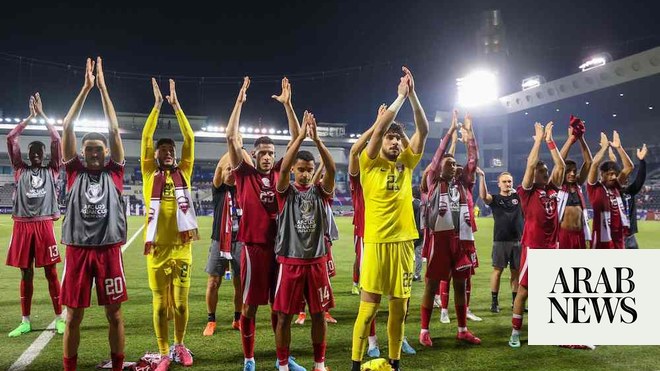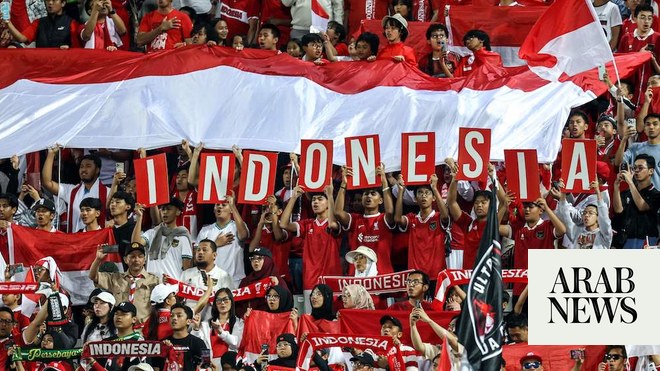
Given the more than four billion people on the continent, having Qatar and Jordan in the Asian Cup final, countries with a combined population of about 15 million, is not the showpiece the Asian Football Confederation would have chosen before it all started. It is also not the final that anyone expected.
Those in Amman or Doha won’t care. On paper, and on home soil, Qatar are favourites and a second successive win would grant entry to the Asian powerhouse club but up to now in this tournament Jordan, ranked 87th in the world, have impressed more.
Jordan’s initial challenge may be how to come down to something approaching this solar system after the excitement of beating South Korea 2-0 in their first semi-final. It was a deserved win against a dysfunctional star-studded side. Jordan were everything Korea were not: focused, cohesive, mobile and energetic.
Jürgen Klinsmann has surely never been as unpopular but says he is not going to resign as coach. Son Heung-min’s hints that he may step down from international duty may bring the situation to a head but officials are worried about the cost of paying out a lucrative contract that runs for another two and a half years. World Cup qualification in Asia resumes next month.
Jordan’s last qualifier was a 2-0 home defeat by Saudi Arabia in November, one of a series of poor results before the Asian Cup started. It feels like a long time ago now. Musa al-Taamari, the one Europe-based player in the Jordan team – indeed, the only one left in the tournament – has been a standout and the Montpellier winger scored the delightful second against Korea. There have been numerous attempts to pin the Jordanian Messi or Salah label on the 26-year-old but his reply is always the same. “I am Musa al-Taamari.” The Qatar-based Yazan al-Naimat is sharing the goals and headlines and, if rumours of interest from France and Belgium are to be believed, another possible export.
The coach, Hussein Ammouta, wants four or five of the squad to be playing in Europe in the near future but as Qatar showed after winning in 2019, it is not always that simple. Akram Afif tried his luck in Belgium and Spain after starring five years ago. He has returned to Qatar and has impressed at this tournament. His curler in the 3-2 semi-final win over Iran was a thing of beauty.
The Maroons, still recovering from their dismal World Cup campaign on home soil in 2022, didn’t have the smoothest preparation. In December they replaced Carlos Queiroz with “Tintín” Márquez López and although they are close to becoming the first team to retain the Asian Cup since Japan in 2004, the captain, Hassan al-Haydos, has admitted they are not at the 2019 level. Then, they were dominant, with Saudi Arabia, Iraq, South Korea and Japan swept aside with 19 goals scored and one conceded.
This time, it has been much more of a mixed bag, with a first real test coming against Uzbekistan in the last eight, when Qatar struggled in the second half before triumphing in a penalty shootout. The semi-final was a thriller but Iran did enough to go through. Qatar’s winning goal eight minutes from time came against the run of play. In the 16th minute of added time, Alireza Jahanbakhsh’s shot came back from the inside of a post and that was that in the game for Iran and, their fans fear, for some of their golden generation such as the star striker Mehdi Taremi.
At least the focus in the final will be on the pitch because there hasn’t been much outside controversy, unlike in 2019 when Qatar strolled to the title in the United Arab Emirates at a time when the two countries didn’t have diplomatic relations. Or, say, in 2004, when Japan’s march in China went down equally badly with local fans. This time there have been murmurings of politicians in Malaysia, Indonesia and Tajikistan trying to jump on their teams’ moments of glory, but it is all pretty gentle stuff. Before the semi-finals, though, there was a reminder that geopolitics are never far from the surface in Asian football.
“What is a little bit surprising for us is that the referee for tomorrow’s match is from Kuwait – he’s an Arab,” Iran’s midfielder Saeid Ezatolahi said. “We’re just wondering how it’s possible that they put an Arab as a referee for tomorrow’s match.”
As well as being an attempt to put a little pressure on the official – who gave Iran a soft penalty – it could have been a nod to what happened after the last-16 clash between Iraq and Jordan, when Iraq fans blamed the Iranian referee, Alireza Faghani, for their elimination. Cries of Iranian bias flew around Baghdad, with online petitions set up demanding an investigation. In the end, though Iran may not like it (and they don’t, hence their move from the West Asian Football Federation in 2014 to help set up another regional sub-confederation, the Central Asian Football Association), Arab states account for about a quarter of the AFC’s members.
And both of the finalists. No one saw that coming but the ones who do see it could well be in for a treat.
Explore more on these topics
Asian Cup
Jordan
Qatar
features
Reuse this content




